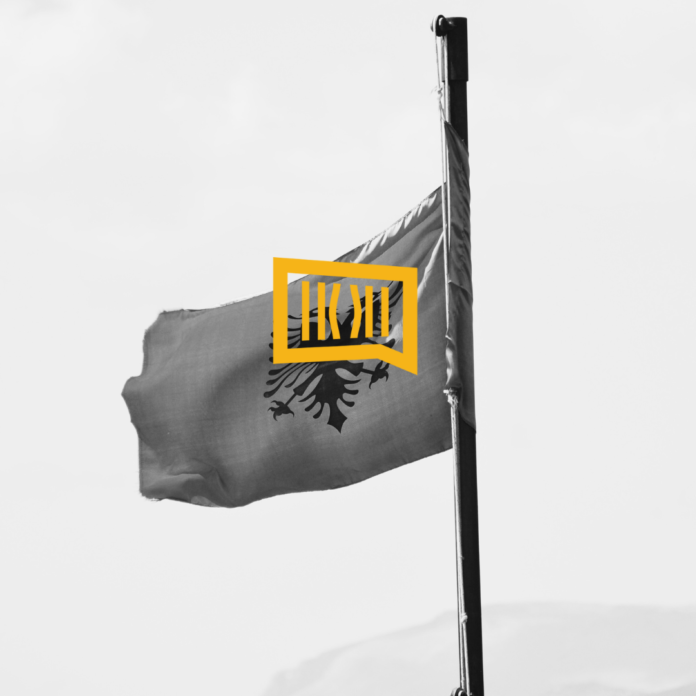On May 30, 2024, during a plenary session in the Albanian Parliament, MPs were set to vote on establishing the Special Parliamentary Committee on Anti-Corruption initiated by the ruling Socialist Party (SP). The journalists, stationed in their designated gallery, were filming the proceedings as usual but the Guard of the Republic attempted to remove the journalists and prevent them from filming. This intervention sparked a confrontation, with the indignant journalists demanding to be treated with respect and referring to the guard as a “gangster.” This incident underscored the ongoing tension between the media and the authorities, as journalists insisted on their right to remain and report on the parliamentary proceedings.
This is not the first time such obstructions have occurred. On May 17, 2024, media crews were barred from filming a meeting in Parliament with recently dismissed RTSH journalists, despite a formal request and public announcement. Additionally, in November 2023, the Safe Journalists Network sent an open letter to the Speaker of the Parliament, highlighting ongoing issues with journalistic access within the Albanian Parliament. The letter cited a troubling pattern of obstruction and restrictive directives that hamper journalists’ ability to conduct interviews and report freely. Safe Journalists Network has raised concerns in 2021 for the media accreditation regulation of the Albanian Parliament. These regulations confine journalists to a specific area for reporting, granting them access to MPs exclusively in the parliamentary yard. In contrast to the public broadcaster, which is allowed to record proceedings, other media outlets must operate from a designated room, dependent on a parliament-supplied video feed.
In a meeting with political reporters and the Secretary General of the Parliament on November 15, 2023, following several incidents involving the guard, several improvements were proposed, stopping obstructive behavior of the Republican Guard, increasing transparency by sharing parliamentary data and responding quickly to media requests, allowing timely physical media presence to witness dynamics, and improving the quality of robotic cameras broadcasting committee meetings. However, apart from improving the quality of the cameras, the other measures have not been implemented. Since then, political reporters in Albania have repeatedly raised concerns about these issues (See here and here and here). The recently established Association of Journalists of Albania has also reacted, calling for a change in the behavior of the Guard and respect for the work of journalists.
These repeated incidents raise serious concerns about access to information and media freedom within the parliamentary process, threatening transparency and accountability. Obstructing journalists hampers their ability to report on parliamentary proceedings, leading diminishing public trust in the legislative body. Restricting media access undermines the fundamental democratic principles of openness and scrutiny, preventing journalists from informing the public and holding parliament accountable.








